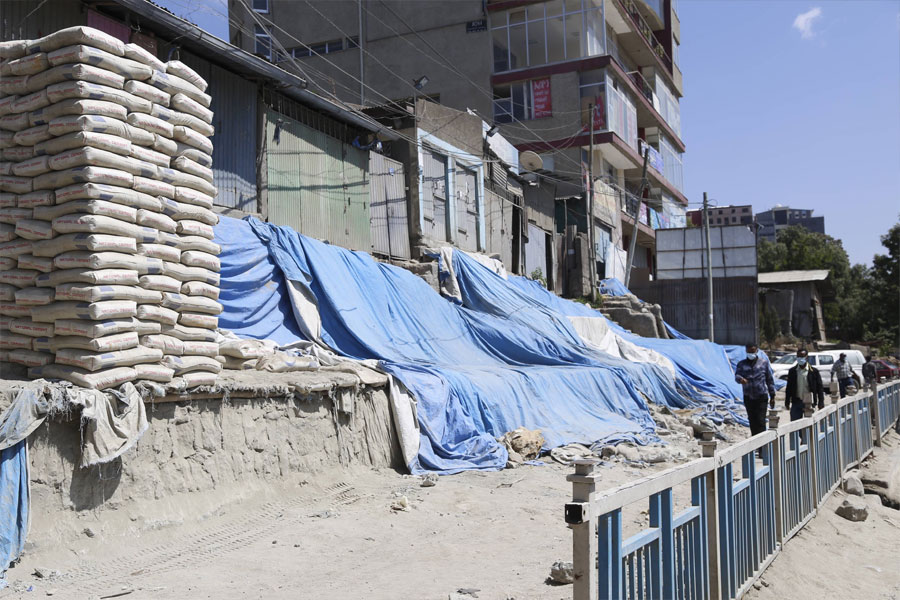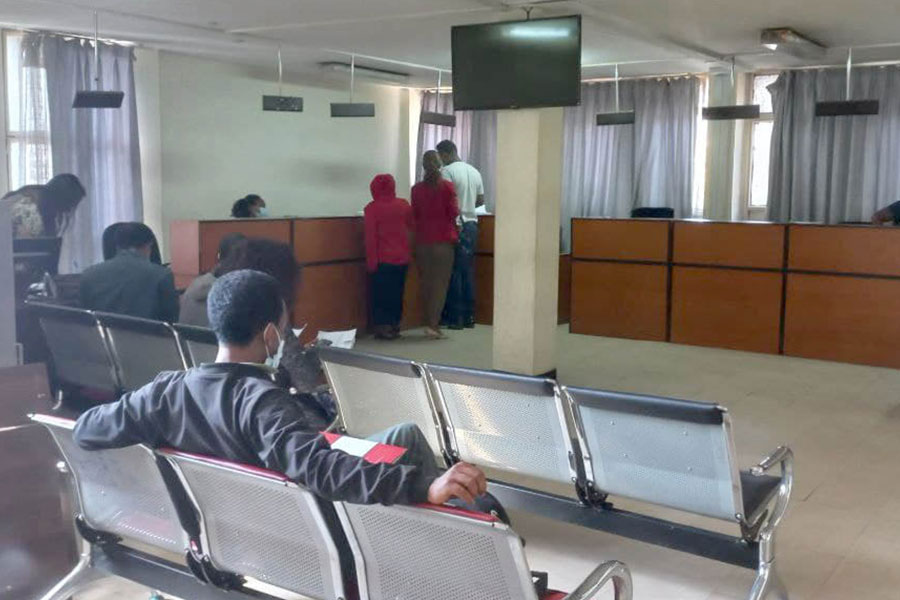
Fortune News | Dec 03,2022
Car imports are languishing at Djibouti's ports as suppliers scramble to cover the import duty following a recent regulation that removes the 30pc tax deduction on second-hand cars.
Importers that had vehicles pending importation before May 15, 2019, continued to be taxed based on the earlier tax regulation. But suppliers that were unable to import the cars before the specified window will be taxed according to the new regulation.
This has led to a disagreement between the Ministry and suppliers that had been in the process of importing before the date the tax became effective.
Importers complained that the regulation came as a surprise without adequate consultation made with all the relevant stakeholders and without enough time given to importers to make the necessary preparations ahead of time.
A used car importer that preferred to remain anonymous has 30 cars pending processing at a Djibouti port after taxes were increased.
“The removal of the tax deduction will cost me a minimum of 80,000 Br on each vehicle,” he told Fortune. “In Ethiopia, where the public transport service is not adequately available to satisfy the growing demand, people should not be discouraged from having their own car to help alleviate the transportation problem.”
The earlier tax regime allowed a tax deduction of 30pc for second-hand imported cars older than three years and above to account for their depreciation. The rate of tax deduction was only 10pc for cars manufactured not earlier than 2018, while it was 20pc for those vehicles manufactured after 2016.
The removal of the 30pc tax deduction has immediately led to a spike in the price of second-hand cars, ranging between 80,000 Br and 100,000 Br. As a result, a 2001 Toyota Vitz, which sold for 250,000 Br, is now selling for almost double that price.
One of the reasons for the removal of the tax deduction was the increasing number of road traffic accidents, in a country where 163 people of every 100,000 in population are victims, closely associated with the mechanical conditions of second-hand vehicles.
The regulation has also been intended to address the problem of air pollution from the exhaust pipes of older cars; their fuel inefficiency compared to newer cars; and to reduce the associated costs for repairs, which also requires importing spare parts.
There are around a million cars in Ethiopia for a population of 100 million plus, marking one of the lowest car-to-population ratios in the world. Around 135,000 cars were imported into the country in the last fiscal year, increasing by more than 30,000 vehicles compared to the previous fiscal year. About 85pc of all cars in Ethiopia are used and mainly imported from the United Arab Emirates, while almost 90pc are Toyota models.
Vehicles imported into Ethiopia are subject to five different types of taxes: customs duty, excise tax, value-added tax (VAT), surplus tax and withholding tax. The rate of tax applied to each vehicle varies substantially with the engine power of a specific car.
Yohannes Woldegebriel, a tax law expert who was a prosecutor of the former Ethiopian Revenues & Customs Authority, said the new regulation has been long overdue, and extensive discussions have already been made before the introduction of the latest revision.
“The four-month transition period has been more than adequate for the importers to make the necessary adjustments,” he said.
PUBLISHED ON
Nov 16,2019 [ VOL
20 , NO
1020]

Fortune News | Dec 03,2022

Fortune News | Jul 24,2021

Radar | Sep 06,2020

Radar | Jul 13,2020

Fortune News | Nov 20,2021

Dec 22 , 2024 . By TIZITA SHEWAFERAW
Charged with transforming colossal state-owned enterprises into modern and competitiv...

Aug 18 , 2024 . By AKSAH ITALO
Although predictable Yonas Zerihun's job in the ride-hailing service is not immune to...

Jul 28 , 2024 . By TIZITA SHEWAFERAW
Unhabitual, perhaps too many, Samuel Gebreyohannes, 38, used to occasionally enjoy a couple of beers at breakfast. However, he recently swit...

Jul 13 , 2024 . By AKSAH ITALO
Investors who rely on tractors, trucks, and field vehicles for commuting, transporting commodities, and f...

Jul 12 , 2025
Political leaders and their policy advisors often promise great leaps forward, yet th...

Jul 5 , 2025
Six years ago, Ethiopia was the darling of international liberal commentators. A year...

Jun 28 , 2025
Meseret Damtie, the assertive auditor general, has never been shy about naming names...

Jun 21 , 2025
A well-worn adage says, “Budget is not destiny, but it is direction.” Examining t...